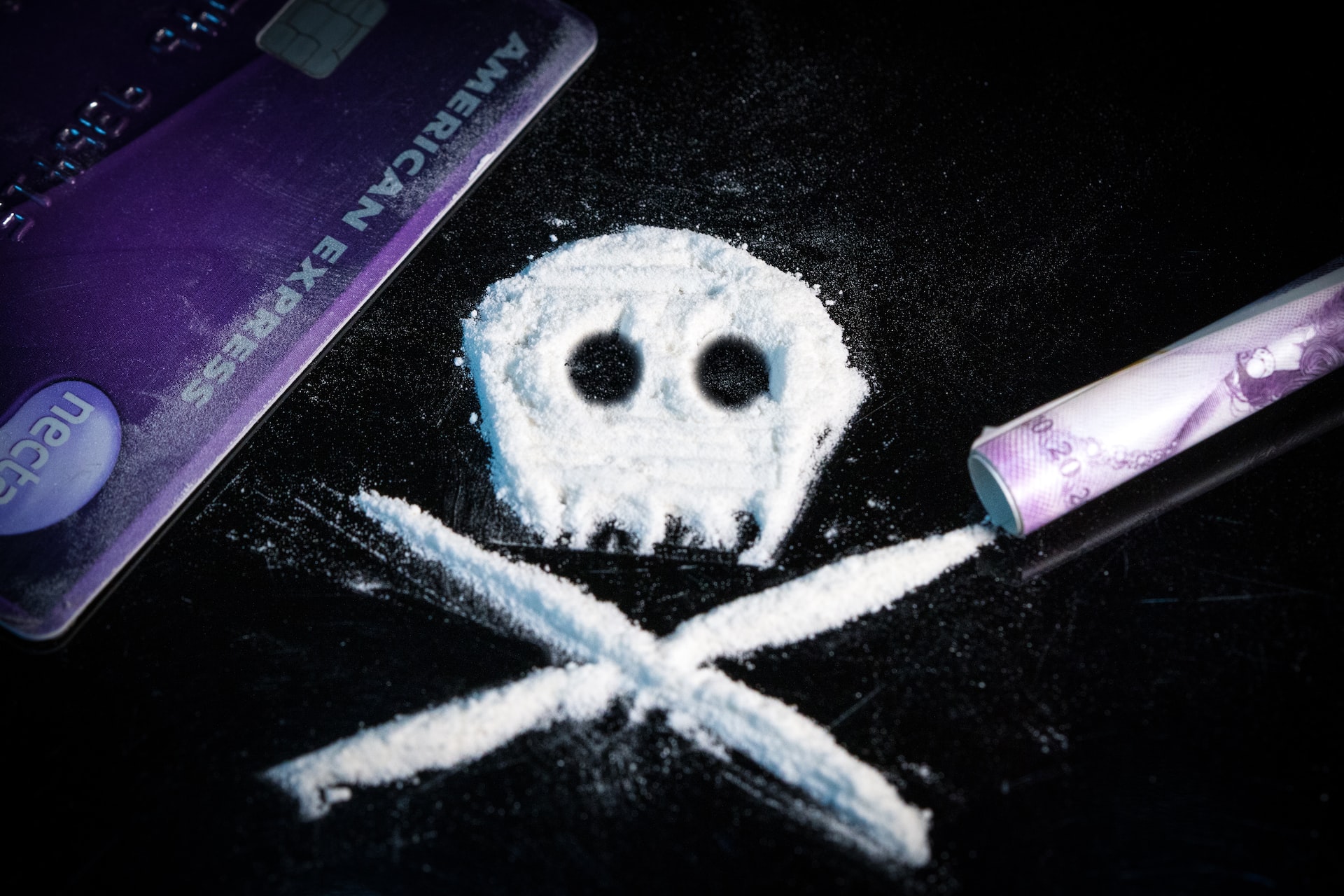Understanding Drug Addiction
According to research provided by the National Institutes of Health, 10% of adults in the United States have dealt with drug addiction at some point in their lives. For many Americans, drug use disorder occurs in combination with untreated mental health disorders. Unfortunately, drug use often causes the user to take a perilous path that affects the user and the people around them in a number of ways.

How Drug Use Disorder Affects the Body
Using drugs wreaks havoc on the body sometimes even before a person is in active addiction. The fact is there is always the risk of overdosing, even if it’s the first time you’ve ever used drugs. Even without an overdose, drugs affect the body. Heart conditions such as collapsed veins or heart attacks are common, which means it’s a good idea to understand the signs of heart damage from drugs. Other physical conditions use may cause include a weakened immune system, abdominal pains, liver strain, lung disease, and an increased risk of seizures or strokes.
How Drug Use Disorder Affects the Brain
Drugs affect the brain from the first time you take them. They cause a flood of dopamine, which is a neurotransmitter that tells your brain you’re experiencing pleasure. Because you experience such intense pleasure, you are more likely to continue seeking out the drug and eventually become addicted. Over time, your brain becomes used to the drug and causes you to use more to get the same feeling. Eventually, drug use can cause you to have poor long- or short-term memory, impair your judgment and decision-making skills, and may even cause you to develop problems learning.
Situations More Likely To Lead To Addiction
While it’s important to remember that addiction can happen to anyone regardless of their background, there are some circumstances that make a person more likely to become addicted to drugs. Family history is a common circumstance. If your parents or siblings are addicted to drugs or alcohol, you are more likely to become addicted if you try drugs. People who try drugs for the first time early in their lives are more likely to become addicted as well.
Mental health and environmental situations play a factor as well. Someone who deals with anxiety, depression, or other mental health problems is more likely to deal with addiction, as is someone who deals with environmental stressors such as troubling relationships with partners or family members.
Signs That Someone Is Dealing With Addiction
There are several situations to consider that may help you determine whether you or someone you know is dealing with addiction. Commonly, people dealing with drug use disorder want to use their drug of choice daily, taking it for longer or more often than they expect and spending money on it even if they can’t truly afford to.
Many people use even if it causes them to lose their jobs or give up on other responsibilities. People in active addiction often spend more time alone, stop taking care of hygiene, begin stealing or participating in risky behaviors, and feel sick when they aren’t using the drug.
Drug use is a serious situation that affects millions of people every year. If you or someone you know is experiencing drug use disorder, please reach out to your doctor or to another professional. Recovery is possible.


